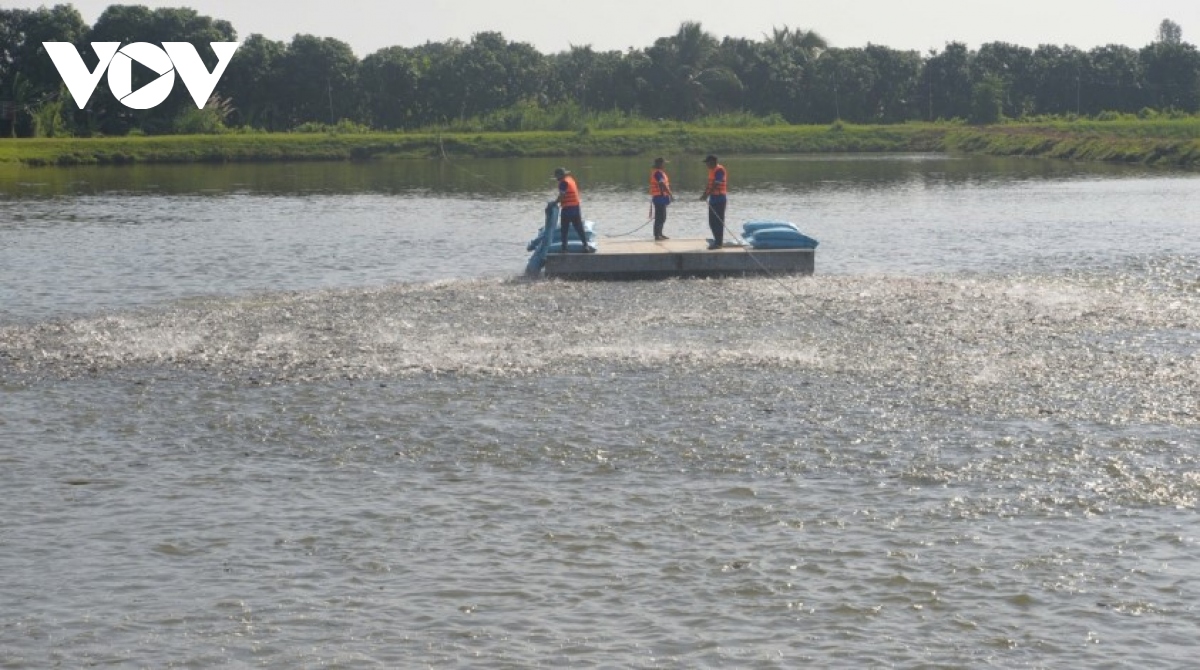EU inspection team to examine aquaculture sector
VOV.VN - An inspection team from the EU is set to visit the nation in order to inspect the aquaculture sector, with a focus on evaluating the performance of the residue control programme for products permitted for exports to the EU market, as well as verifying the reliability of ensuring that farmed seafood does not contain residues according to regulations.

According to the Directorate of Fisheries under the Ministry of Agriculture and Rural Development (MARD), Vietnam represents the world's largest Tra fish (pangasius) producer and exporter, accounting for 52% of the world's output and 90% of the global pangasius trade. Indeed, shrimp exports rank second in the world with an export value accounting for 13% to 14% of the world's total shrimp export value. Therefore, competitive pressure is increasing.
According to the Directorate of Fisheries, in order to maintain the nation’s position, as well as ensuring export activities whilst boosting domestic production, preparations to receive the inspection delegation aim to demonstrate the equivalence in the management system of competent authorities and the implementation capacity of enterprises, as well as of production and processing facilities.
Nguyen Thi Bang Tam of the Directorate of Fisheries said that the United States and EU markets are demanding ones which have high requirements for controlling drug and chemical residues, product origin, as well as sustainability. In the first half of the year, the total export turnover of Vietnamese seafood to the US and EU reached US$1.27 billion.
These highly lucrative markets have helped to secure the reputation and quality of Vietnamese seafood.
The EU inspection team is therefore expected to inspect from September 24 to October 17 in a bid to evaluate the performance of the Vietnamese residue control programme for products allowed to be exported to the EU, specifically farmed seafood and honey, Tam said.
The team will verify the reliability of ensuring that farmed aquatic products do not contain residues according to EU regulations.
If the inspection results are not as good as expected, it will affect other markets. Therefore, localities must fully grasp regulations on food safety in Vietnamese aquaculture and some importing countries, regulations in the field of food safety at the farming stage, and food safety in aquaculture.
During the past eight months of the year, Vietnamese seafood exports fetched US$6.3 billion, up 7.6% on-year. Of the figure, shrimp exports grossed more than US$2.4 billion and tra fish hit US$1.2 billion.
However, many forecasts indicate that this year the seafood industry will continue to face numerous difficulties and challenges, such as high input material prices, low raw seafood prices, sometimes even lower than production costs, and increased shipping costs. These factors are likely to make it difficult for the entire chain from farming to processing and exporting seafood to earn expected profits.

